Organic food, it's looks nice on the outside but what's really behind the organic label? The U.S. organic food market in 2015 was worth $43.3 billion dollars. Over the last 10 years, the organic sector has steadily had a 20% growth spurt each year. On one hand, it means Americans are growing more concerned about their food choices but on the other, you have wonder if they're getting duped.
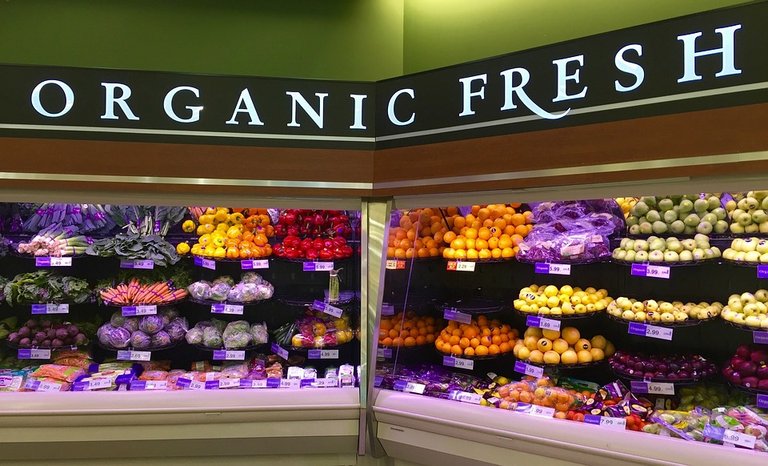
When you pass by the conventional tomatoes, on your way to select the organic ones, do you feel a sense of pride in your choice?
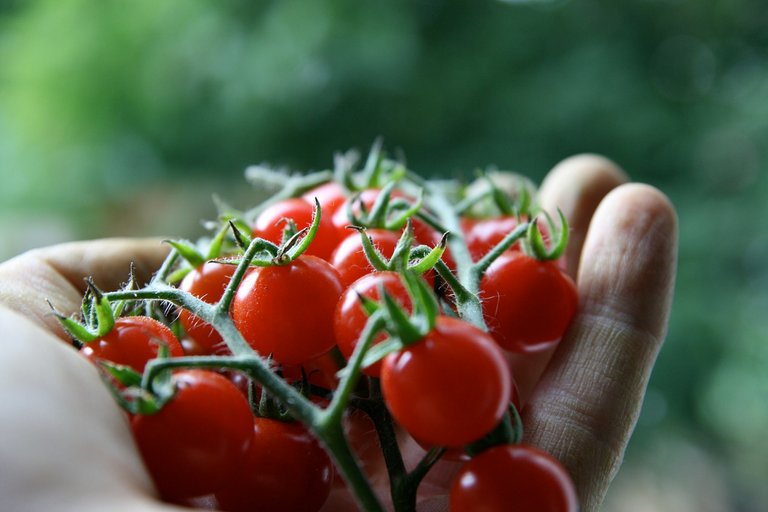
I know that I often do. I feel as though I'm buying something that is far superior for my health and for the environment. Ask anyone why they buy organic and chances are, their reasons are similar.
It's a no-brainer. Of course we want to avoid food with toxic pesticides, and we certainly don't want to serve it to the ones we love.

Duped By the USDA
I'm afraid I have to admit I've been very wrong about the organic food I've been buying at the supermarket. I was completely duped by the USDA certified organic label that has been driving my buying decisions, and maybe you've been duped, too. But it's not just foods that are certified organic that's misleading. Many companies simply use the word "organic" to make consumers think their product is healthy or superior to others.
Deceptive Marketing Tactics
The term "organic" is being thrown around a lot these days... Just one walk down an aisle of the supermarket, and you'll see many food products proclaiming their product is made with organic ingredients or at least trying to give you that idea.
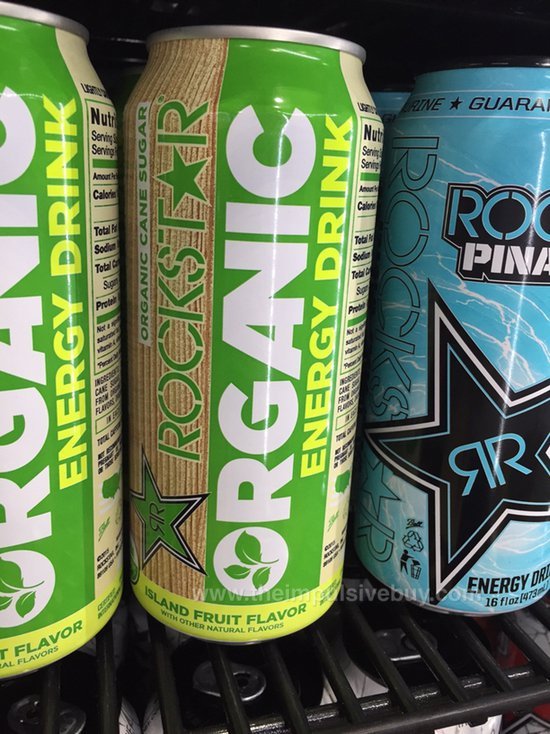
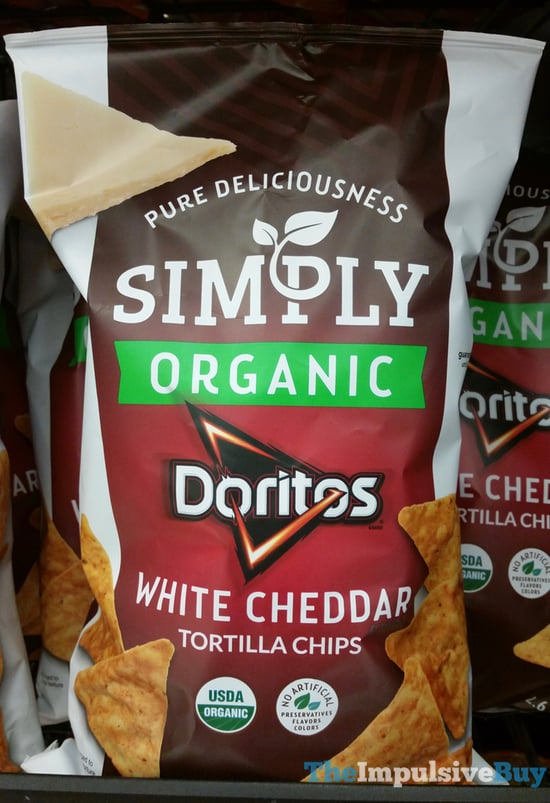
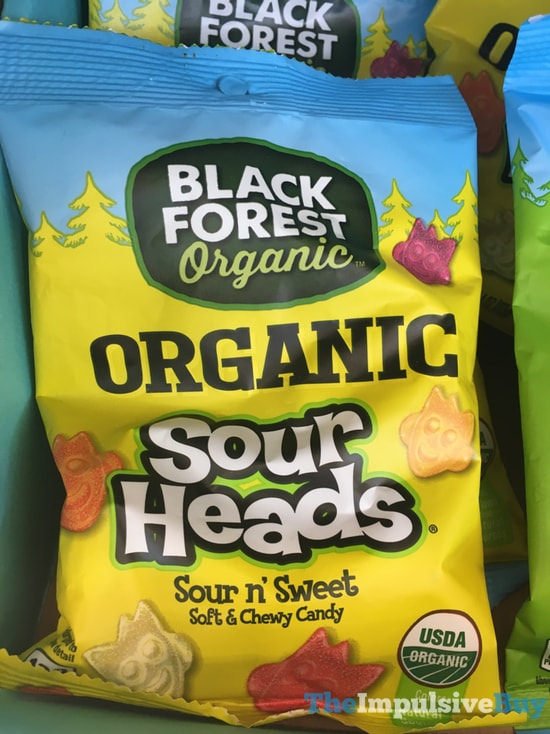
No wonder people are often confused about what "organic" means. Is organically-labelled candy or chips healthy? I don't think so.
How Organic Is Defined
Obviously, we can't rely on what we think organic should mean when trying to define organic, so let's look at the guidelines. Organic food should be free of these things:
- pesticides
- synthetic fertilizers
- sewage sludge
- genetically modified organisms (GMOs)
- ionizing radiation
Organic meat should consist of animals raised without antibiotics or growth hormones.
The USDA National Organic Program's definition of organic:
Organic food is produced by farmers who emphasize the use of renewable resources and the conservation of soil and water to enhance environmental quality for future generations. Organic meat, poultry, eggs, and dairy products come from animals that are given no antibiotics or growth hormones. Organic food is produced without using most conventional pesticides; fertilizers made with synthetic ingredients or sewage sludge; bioengineering; or ionizing radiation. Before a product can be labeled "organic," a Government-approved certifier inspects the farm where the food is grown to make sure the farmer is following all the rules necessary to meet USDA organic standards. Companies that handle or process organic food before it gets to your local supermarket or restaurant must be certified, too.
The Dirty Truth Behind the USDA Certified Organic Label
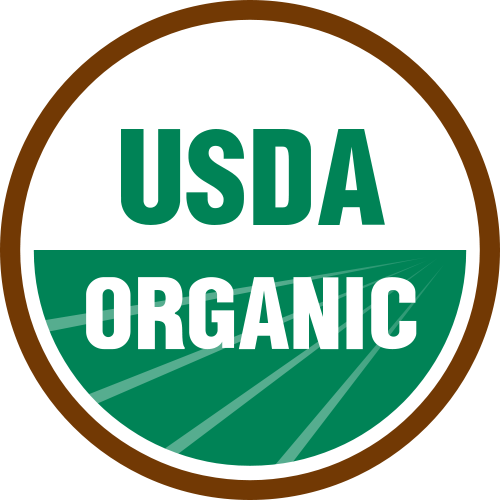
Myth # 1: Organic food is more nutritious.
As of today, there is no consensus as to whether organic food is more nutritious than conventionally-grown food. There are, however, studies that support both sides of the argument.
Myth # 2: No chemicals are used in producing organic food.
The USDA certification seal does not mean harmful chemicals were not used. In fact, pesticides, herbicides, and fungicides are allowed.
Myth # 3: We can trust the USDA certification seal of approval.
Despite the government's strict guidelines on growing organic food and the regulatory framework put in place to monitor the industry, the USDA lacks transparency. In fact, the USDA outsources the annual farm inspections to individuals known as organic certifiers. These organic certifiers are approved by the regulatory body, however, they are paid by these organic farmers. Therefore, they lack incentive to penalize or put farmers out of business when they are not following the rules. A conflict of interest, perhaps?
The Corporatization of Organic Farming
Mono-crops
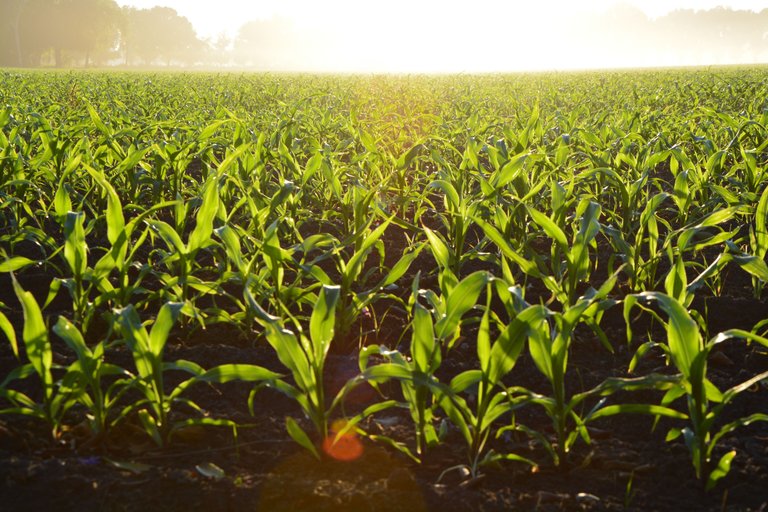
What a lot of people are also unaware of is that large corporations have bought out smaller organic farms. These corporate farms are very similar to conventional farms. For instance, the use of mono-crops, which entails growing one crop over a large area, is common practice with corporate farms. This strips the soil of its nutrients and is bad for humans and the environment.
The degredation of the soil ultimately results in weakened plants, so farmers must use more chemicals to stimulate plant growth and protect them from diseases. With this practice, we end up with food lacking nutritional value that is toxic to our health. But these chemicals are not only harmful to us, they are harmful to the environment because they leech through the soil and pollute our ground water.
Importing organic food

Organic Import Stats
- 20% of organic food is imported into the U.S.
- 100% of all organic bananas, vanilla, and cocoa are imported from other countries.
With all of this information, one must conclude the organic food labeling system is nothing short of a scam. The only way to know the source or integrity of your food is to grow it yourself or get to know the farmers who produce it.
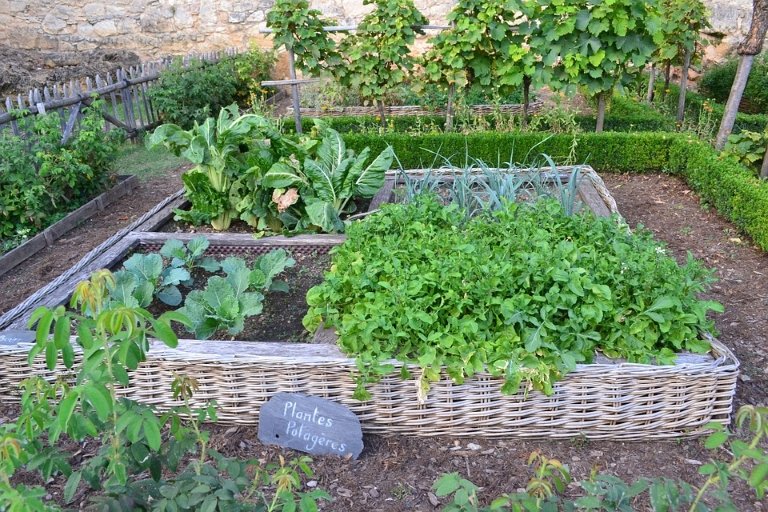
I have to start my green house as soon as possible, I buy everything organic too but yet I feel unsure about it. Thanks nataliejohnson.
I definitely need to grow more of my own food myself. I am especially disappointed about all organic bananas being shipped from another country;( I really like bananas...
Yep :( The only way to truly be sure about anything is to grow our own.
That's something I hope to accomplish eventually, to grow most of my own food.
You can do it!! You got this!! xooxox :) :) :) Growing food is one of the easiest, most natural things in the world, all you need really is the passion for it, and the WANT.
Thank u for the encouragement =)
Congratulations! This post has been upvoted from the communal account, @minnowsupport, by FollowBtcNews from the Minnow Support Project. It's a witness project run by aggroed, ausbitbank, teamsteem, theprophet0, someguy123, neoxian, followbtcnews/crimsonclad, and netuoso. The goal is to help Steemit grow by supporting Minnows and creating a social network. Please find us in the Peace, Abundance, and Liberty Network (PALnet) Discord Channel. It's a completely public and open space to all members of the Steemit community who voluntarily choose to be there.
Wow great post!!! My family and i just recently started buying more organic foods feeling all great inside really thinking the farms weren't using any type of chemicals or growth enhancement. The people really need to know this information. We need to keep the government out of our food and money. Its time for a revolution!
I know what you mean. Granted, there are only certain types of chemicals allowed in the USDA program. But still, they are getting sprayed.
It's insane how I was just questioning this in the Sprouts this morning where I purchased only organic. Seriously, thank you for this phenomenal post! You have help at least 3 steemers do more research in my house!
I'm glad to hear that ;) I know it's not news anyone wants to hear but it's the truth. I only wish I could trust the organically labelled produce at the supermarket. It's so easy and convenient to just grab some. But I guess this convenience comes at a price.
Great article with important information! I agree completely that we need to either grow our own or at least personally know the one who does. In the last few weeks I've seen articles about how the main chemical in Monsanto's RoundUp has been found in almost ALL of our food supply... organically grown or not. This is very disturbing. Also very disturbing is the Federal government's new policy where we no longer have the right to inquire WHERE in the world our produce comes from. Especially considering China's record of selling us chemically-saturated produce that is labelled "organic"! Thanks again, for the wake-up call!
It just goes to show how tainted the food system is. This report I found shows detectable levels of glyphosate, the main ingredient in Roundup, in organic foods, most of them processed. It makes for an interesting comparison between products that are organic verses non-organic. In some of the items, the levels were the same.
http://www.anh-usa.org/wp-content/uploads/2016/04/ANHUSA-glyphosate-breakfast-study-FINAL.pdf
This is why I have started growing my own veggies . Nothing you buy grown by corporate farms tastes as good or has the aroma of home grown like my great grandpa used to grow. We still have some old timers around Oklahoma that grow big gardens and sell home grown produce along the highway. I really like buying from them and picking their brains about the good old days when people had to plant gardens.
I like buying from people on the side of the road, too. It feels good knowing you're helping to support an individual over a major corporation.
Excellent post @nataliejohnson I too have noticed this growing trend and indeed if you take a look at the small print on the supermarket branded organic products it says "organic where possible" in very small letters I may add. So basically if they can only find 1% of organic ingrediants then they can still label the other 99% as organic! It's becoming a huge scam, much like every other facet of medicine and agriculture .. this possibly has something to do with the fact that huge parent companies own both interests. So you buy nutrionally deficient food which eventually makes you ill and then you end up buying the medicine for your illness from basically the same company, it's a win-win, well for them anyway. Thanks for sharing and for opening peoples eyes.
Hi @perceptualflaws,
"organic where possible" on food labels....wow, I've never seen this but if I did I would laugh out loud.
It's antics like this that are part of the reason I'm increasingly turned off by supermarkets. I don't want to support the corporate greed and the cycle you're describing.
Hi @nataliejohnson I'm the the UK and it's usually on supermarket branded products, olive oil being a good example along with sauces etc. It's very carefully hidden but legally it covers them. Exactly, we really need to start fending for ourselves again.
I think it is a good idea to research the companies that you buy. It is easier than trusting a label. We almost started and indoor grow farm, and saw what the process is. It is still difficult to say how good they are unless you buy local too. Thanks for the article :)
Right, labels are very dishonest and sometimes I think people see what they want to see on them. For instance, if you have a bag or USDA organic potato chips, you might subliminally think they are a health food or better for you, but obviously they are still fattening...
Interesting and informative post.